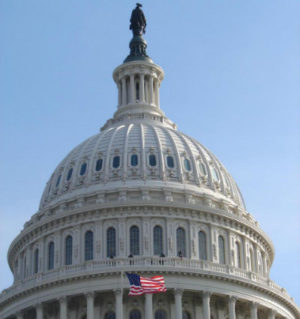Less than two years after the Secure Act ushered in significant changes to the nation’s retirement system, more modifications may be on the horizon, according to a CNBC.com article.
Two similar, bipartisan bills — one each in the House and Senate — aim to build on that 2019 legislation as a way to bolster the ranks of savers and increase retirement security. While the measures are in the early stages of the legislative process, observers expect there to be some movement on them in the coming months.
Highlights:
- Most companies that offer 401(k) plans will match employee contributions up to a certain amount, but for workers whose student loan debt keeps them from putting money into their retirement accounts, it means missing out on that company money. Both the House and Senate measures would enable employers to make contributions to 401(k) plans (and similar workplace plans) on behalf of employees who are making student loan payments instead of contributing to their retirement plan.
- Current law allows retirement savers age 50 or older to make so-called catch-up contributions to their retirement savings. On top of the standard annual contribution limits those who qualify can put an extra $6,500 in their 401(k) or $1,000 in their IRA. Both the House and Senate bills aim to expand those amounts, although the specifics differ a bit.
- The Secure Act increased the age when required minimum distributions, or RMDs, from retirement accounts must begin to age 72, from 70½. Under the House bill, those mandated annual withdrawals wouldn’t have to start until age 73 in 2022, and then age 74 in 2029, and age 75 by 2032. Similarly, the Senate bill would raise the RMD age to 75 by 2032. Read the full article.

